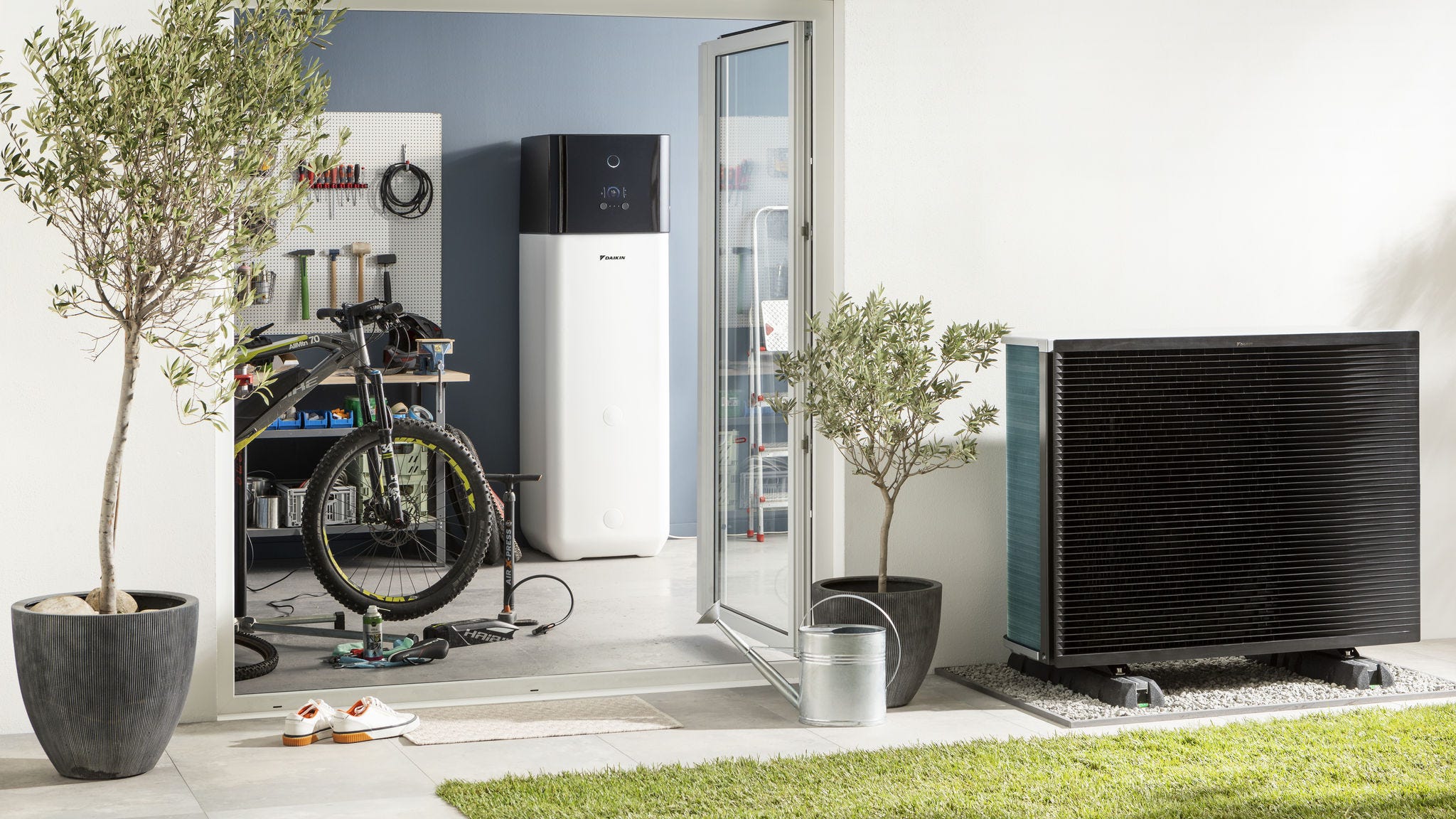Heat pump or gas boiler: which should you choose?
Are you considering replacing your fossil fuel heating system with a heat pump? We weigh up the advantages of heat pumps and gas boilers.

Rising energy prices and the need to protect the environment are causing many people to reflect on their household energy use. Heat pumps are increasingly being seen as the best alternative to fossil fuel systems. So let’s explore their pros and cons.
A heat pump is a very efficient low-carbon technology. It uses renewable energy sources to provide heating, hot water and cooling for your home.
It extracts heat from the air, ground or water, making it cost-effective to run. A gas boiler, on the other hand, is a fossil fuel-based system that produces carbon emissions.
Heat pump vs boiler costs
One of the main advantages of a gas boiler is the installation cost: the initial investment of a gas boiler is cheaper than that of a heat pump.
However, in the long term, a heat pump’s running costs are much lower. It takes most of its energy from renewable sources and requires only a small amount of electricity to power it. So it cuts your energy bills.
Depending on the type of heat pump you choose, the initial purchase and installation cost will vary. A hybrid heat pump, for example, still uses a gas connection but also runs on electricity and renewable energy. It can therefore represent a more affordable way to start using renewable energy.
Another way you can cut costs is to check for funding incentives that encourage homeowners to switch to renewable energy.
Environmental impact of heat pumps and fossil fuel systems
Heat pumps offer a sustainable and efficient alternative to fossil fuel systems. As the world strives to reach net zero carbon, we will see a push towards this form of renewable energy.
Heat pumps mostly use renewable energy (around 75 %); for the rest they run on electricity. Air-to-water heat pumps use heat from the air, while ground-source heat pumps use heat from the ground.
This makes them far superior to fossil fuel systems when it comes to environmental impact. Gas or oil boilers produce emissions that are harmful to the planet.
The flexibility of your heating system
Another consideration is flexibility. Fossil fuel systems are an established solution for radiators and hot water, but did you know heat pumps can also provide cooling?
The versatile nature of heat pumps means you can connect them to various kinds of emitters to provide an all-in-one system for your home.
Optimise your choice of heat pump by combining it with solar panels or thermal storage.


In conclusion
Heat pumps are an increasingly common alternative to fossil fuel systems, such as gas boilers. That’s due to their many benefits: running cost, efficiency, flexibility and environmental impact.
There are various options that allow you to create the optimum system for your home, including a hybrid solution that makes an affordable entry to renewable energy.
The right system will depend on your budget, needs, home and lifestyle. Discuss the options with your installer and find out what works for you.